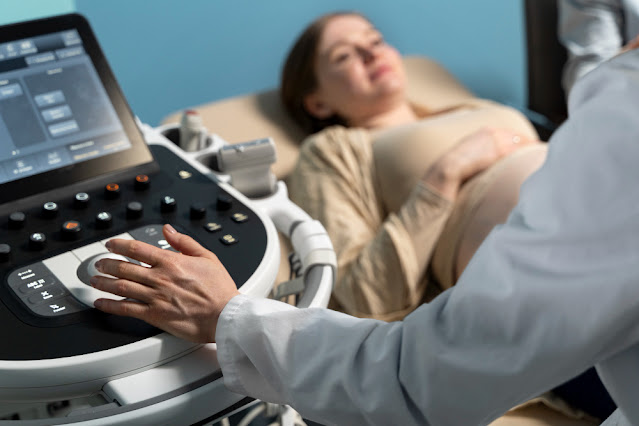Getting Ready for Colonoscopy in Montreal: The Dreaded yet Necessary Medical Procedure
One medical procedure that brings out a feeling of dread among people is a colonoscopy. The thought of a long tube wiggling around the large intestine, the camera pushing its way through the soft colon can be frightening. It sends a shiver down the spine of those who are about to get a tube inserted into their anus. However dreaded it may be, a colonoscopy in Montreal is still a necessary procedure. Also, the pain associated with the procedure is often exaggerated. A timely colonoscopy can literally be the difference between life and death as rectal cancer often goes undetected. This life-saving diagnostic procedure may cause you partial discomfort but it’ll save you from a world of pain afterwards.
What is a colonoscopy?
It is a diagnostic medical procedure to assess intestinal health; large intestine in particular. The healthcare practitioner inserts a tube with a tiny camera attached to it into the rectal opening. The tube is then moved along the colon to check the inside of the large intestine for blockage, or unnatural tissue growth like polyps, or tumours. You can get the procedure done in a private clinic in Gatineau.
The colonoscopy tube
The tube, generally called a colonoscope, is a thin instrument, with a small camera attached at its tip. It is about 2 inches wide and about 4 m long. The patient is asked to lay on the stretcher on his left side during the procedure; knees folded to the chest. The tube is then made to enter through the anus to check for the presence of any abnormalities in the colon.
Apart from checking for abnormal tissue growth in the colon, the tube is also used to perform the following operations:
●
Cleaning the inner lining of the large intestine using
a water jet
●
Flushing out sticky stool using suction
● Injecting air inside to get a clear view of the colon
Reasons for getting a colonoscopy
A colonoscopy is a crucial diagnostic procedure for keeping track of intestinal health. However, many people delay getting a colonoscopy for various reasons. What they don’t realise is procrastination could turn out to be fatal in this case. If you’re over 40 and healthy, it is a good idea to get your colon examined as a precautionary step. On the other hand, if you experience regular abdominal and bowel discomfort irrespective of your age, a colonoscopy could be unavoidable. The following are the reasons to get your colon checked.
● Abdominal pain: If you are experiencing regular abdominal pain, it could be due to an inflammation in the transverse colon. Don’t ignore the pain and consult a doctor immediately at a private clinic in Gatineau.
● Difficult bowel movements: If your bowel movements are highly irregular and you also feel like the bowel is stuck inside your colon, it could be an early sign of rectal cancer. Excessive constipation and strenuous efforts while relieving yourself are signals to get your colon checked
● Blood in stool: The regular presence of blood in your stool could be a sign of colon cancer. It could also be a sign of enlarged tissue or ulcer-induced damage in the inner lining of the colon. Regardless, it calls for an immediate check-up.
● Chronic diarrhoea: Frequent bowel movements along with flatulence, sustained over a long period can be indicative of colon cancer. If you’re passing liquid stool regularly and experiencing abdominal pain simultaneously, getting a colonoscopy becomes critical.
Preparation before colonoscopy
Getting a colonoscopy in Montreal involves following certain predefined instructions. These include specific instructions on diet and medication. Let’s explore these preparatory steps in more detail.
● Dietary Restrictions: Follow a clear liquid diet for at least one day before the procedure. Clear liquids may include water, clear broth, plain tea, apple juice (no pulp), and clear sports drinks. Avoid red or purple-coloured liquids, as they can mimic blood in the colon. Avoid solid foods, dairy products, and beverages with pulp.
● Medication Adjustments: Inform your doctor about all the medications and supplements you are taking. You may need to stop taking certain medications, especially blood thinners, a few days before the procedure.
● Colon Cleanse Preparation: Your doctor will prescribe a bowel preparation solution to help cleanse your colon. Follow the instructions carefully on when and how to take it. You will likely need to drink a large amount of the bowel preparation solution over several hours, which may lead to frequent bowel movements.
● Hydration: It's essential to stay well-hydrated during the preparation process. Drink plenty of clear liquids throughout the day before your colonoscopy.
● Fasting: You will be asked to fast completely for a period between 6 to12 hours before the procedure. It is important to strictly comply with these instructions to get the best results in diagnosis.



Comments
Post a Comment